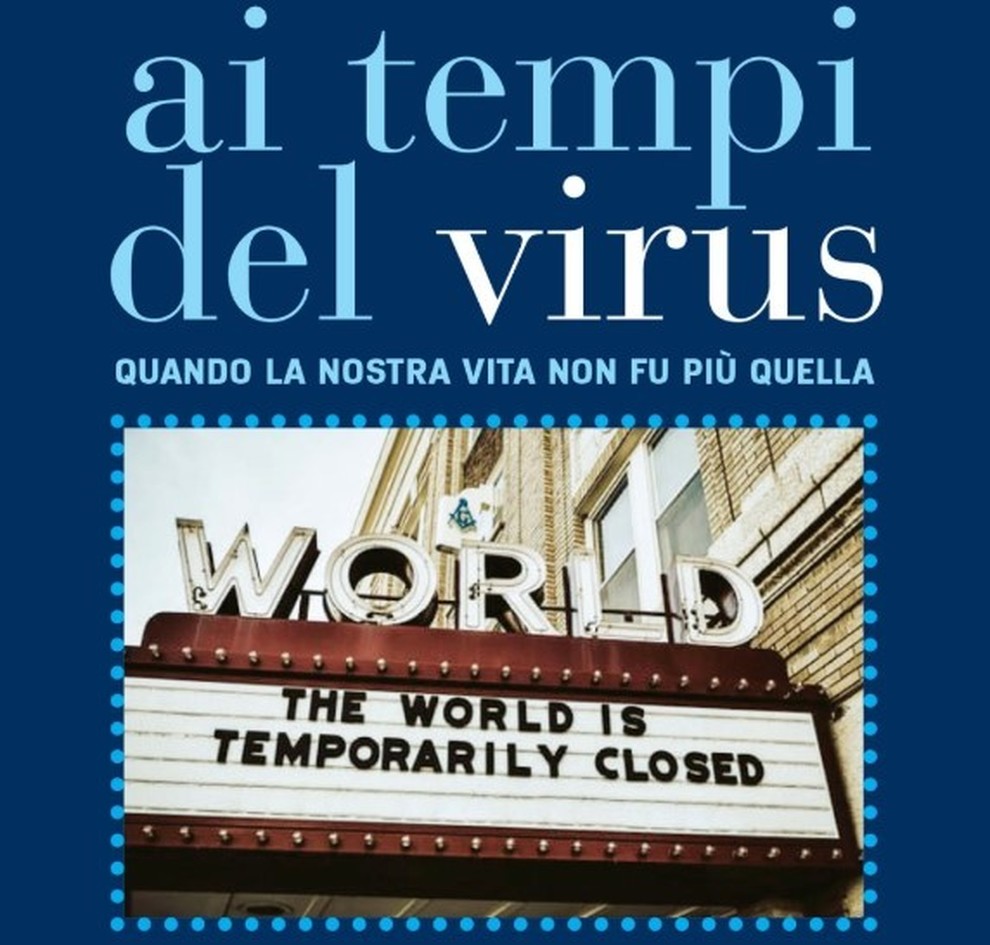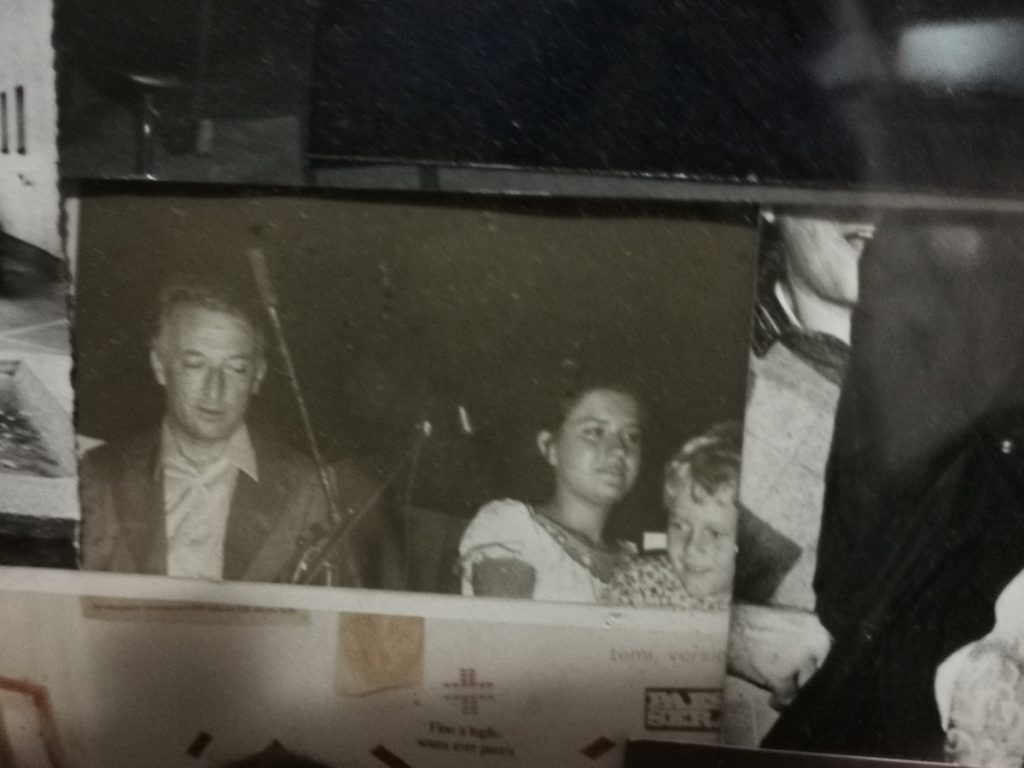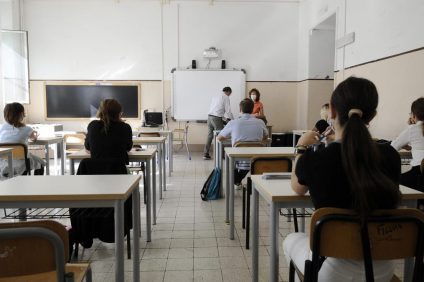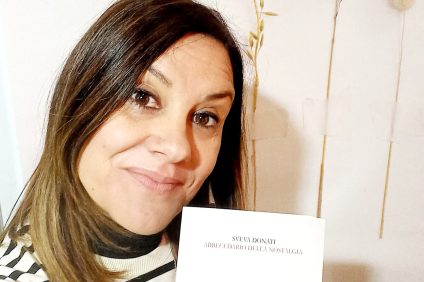The printed edition, enriched with At the time of the virus - One hundred voices between feelings and reality, the ebook distributed free of charge by All Around Edizioni in early April to tell about Covid-19 beyond the figures and the news alone. Part of the proceeds will be donated this time to Doctors without Borders. A book corale born from the urge to think together about how our life has changed in this time rewritten in spite of ourselves by something unthinkable.

There are many changes to which we have had to adapt, re-reading our emotions, our relationships, our professions. At the time of the virus he reviews them with pages of thoughts, forecasts, desires, escapes from reality. Included a Dictionary of Words that marked the pandemic. The project, born online by chance, recorded unexpected success and an astonishing number of downloads on the publisher's website.
Its creation was attended by journalists, writers, sociologists, philosophers, students, a variety of profiles and stories in which it will not be difficult to find yourself. Among the signatures that make it precious also that of Paola Septa author of It is not a country for mothers (All Around). A project that renews the importance of sharing, a remedy for the loneliness of living, and more than ever indispensable in these times of isolation. Reading is comfort, but also the writing it is: an ally, a sort of catharsis that lightens and enriches at the same time. It is no coincidence that many therapists suggest to everyone, not just those by profession, to keep a diary of these days, or simply to vent their tensions, or passions on paper.
To understand how it was born At the time of the virus and to find out about the news of the print edition, we interviewed the curator of the project, the journalist Lucia Visca, one of the liveliest minds of All Around.

How did the idea for this creative project come about?
The idea was born from the desire of the All Around team to react to the quarantine and the stupor in which all of us, and with us our authors, were falling. Everyone called me and told about feelings and sensations. So I convinced myself to say: write them, let's write them all and build an ebook that we will give to our readers.
What response did the digital version have?
Huge, we have partial statistics that already tell us about 3 downloads. Copies downloaded worldwide, from China to North America. Lots of them in Europe. The lion's share, of course, was made by Italy.
What news in the printed version?
Meanwhile, the number of contributions. We started with 36, in our ebook version, we got to 101. Some authors solicited, others who approached All Around through the ebook and social media campaigns. Priests, students, managers, teachers, doctors: everyone was asking for a second version. Everyone proposed their deepest feelings, their expectations fixed on the page. The result is a very interesting fresco, an authentic portrait of the best forces of this country.
In addition to the stories, At the time of the virus consists of a Vocabulary of Words that mark the epidemic and the health emergency. Is there a particular word to which it is related?
As a journalist, I really love the concept of Infodemic: “The enormous dissemination of information on the disease and on infections that comes from the most diverse sources, often not verifiable and which involves the multiplication of fake news, especially on the web. The repeated advice: trust only official sources, newspapers, radio and TV ”. The virus revealed the enormous responsibility of journalists in these situations. The colleague who drew up the dictionary managed to put things right in just a few lines.

In the light of the contributions collected in At the time of the virus, do you think it will ever be possible to speak of 'normality' again?
To be honest I never liked the term normality. I see it as a synonym of routine, habit, if not addiction. If the virus helped to clear up all the better. What is certain is that the rhythms and ways of daily life will change, at least until new generations are adults and not mindful of this postwar period.
How therapeutic was it to tell, to put pen to paper what we are experiencing?
As I said before, very much. In a world where we talked about nothing but death and social distancing, our small community has understood that distancing is and has been physical and that life, in one way or another, always wins. Maybe I'm an optimist by nature. I hope I have conveyed some of this optimism not only to the writer but also to the readers.
And what role does reading play in this period of quarantine in your opinion?
Salvific, as is always the role of reading. We had added #eviaggioconlafantasia to the #iorestoacasa hastag. A book always takes you either where you really love to be or where you've never been.
Why should the readers of italiani.it read At the time of the virus?
Because in 101 stories you will certainly find more than one to recognize yourself in and because you will get the feeling of not having been alone in the weeks of the lockdown.
Are you thinking of a sequel, perhaps focused on the After Coronavirus "?
Maybe. We'll see. But I have the impression that the real will come after several months. Perhaps there will be room for another during which we are already facing with four titles coming out this month of May, with great effort and great satisfaction.




